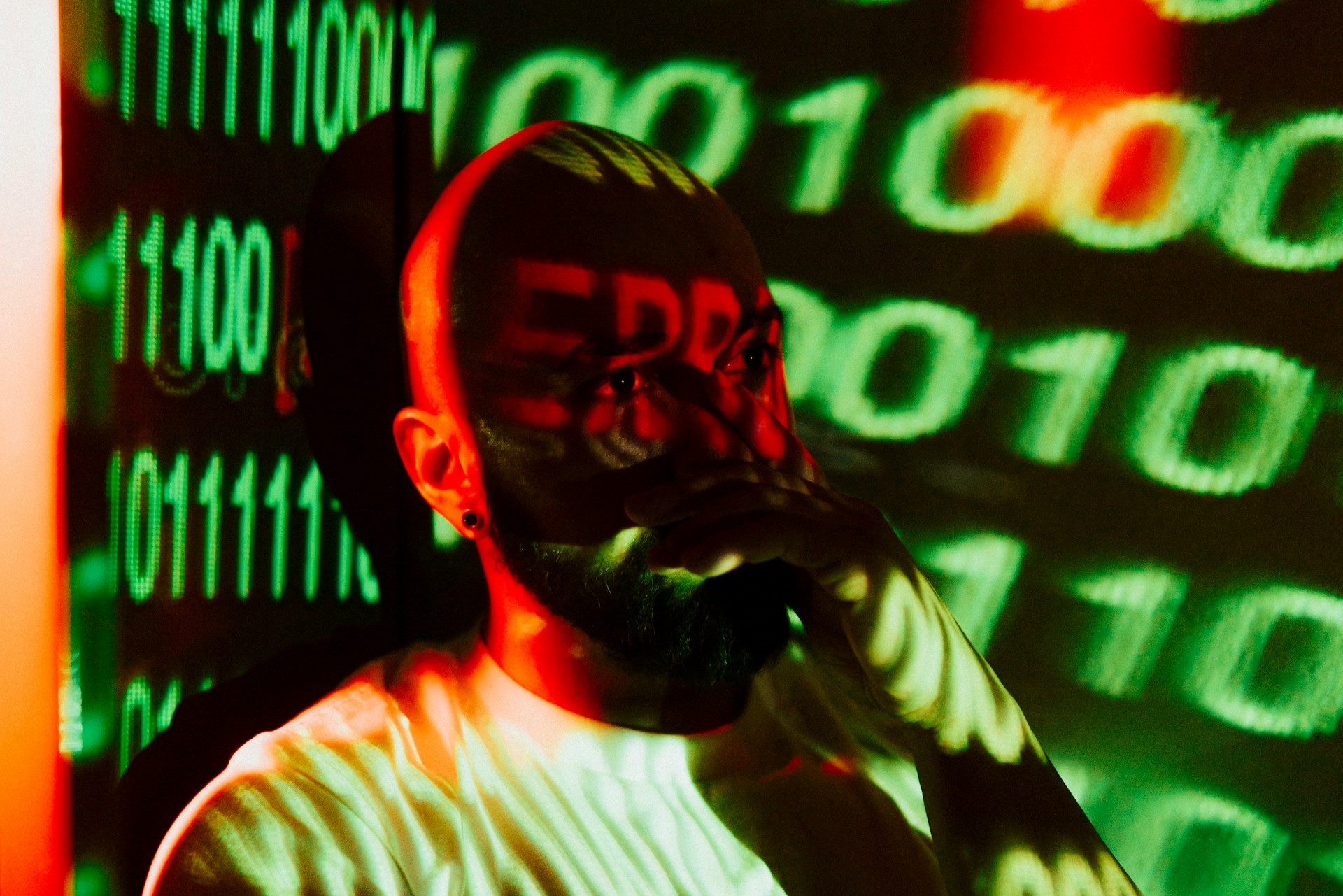Companies, governments and ordinary people should understand why cybersecurity matters in this day and age. As technology improves, so do the capabilities of hackers and other bad actors. Let’s talk about why cybersecurity is critical and how it helps address vulnerabilities at all levels.
1. Criminals Become More Sophisticated With Their Attacks
One of the reasons why cybersecurity matters is collective safety. If everyone is familiar with cybersecurity measures, fewer attacks would be successful. Organizations can keep damages to a minimum. Gone are the days when bad actors chose brute force attacks to force their way into systems and people’s devices. They’ve leveled up their skills and continue to refine their techniques to catch people and organizations off guard.
Social engineering tactics, phishing, payload delivery, distributed denial of service attacks and many more could compromise businesses and people’s personal lives. The scary thing is that these attacks often begin with a click of a link or a sign-up sheet that people willingly access.
Entertaining face swap apps, social media gimmicks and other online trends may seem harmless initially. Still, they can compromise cybersecurity if people aren’t careful. Many people neglect cybersecurity just to get on the bandwagon, while criminals are just waiting for them to make a slip. The next thing they know is that their accounts are empty or they can’t log in using their credentials.
Organizations also face increasing cybersecurity risks from bad actors dedicated to squeezing their way into highly guarded systems. Criminals target employees with minimal cybersecurity training and ramp up their attacks with more compelling and often more convincing methods. Many organizations have fallen victim to impersonation attacks that mimic high-ranking employees to target other workers and pressure them with authority and fake credentials.
Criminals continue to scale their attacks depending on their targets and they’ve chosen emerging technologies like AI to supercharge their attempts. Face-swapping, voice generation and generative text technologies can dupe even the most cautious members of any organization. Bad actors leverage these new technologies to further their criminal undertakings.
2. Cyberattacks are Getting More Expensive
According to IBM, the global average data breach cost increased by 15% in three years, amounting to US $4.45 million per incident in 2023. Furthermore, the average ransom demand reached US $7.2 million in 2022, affecting business, education, government and healthcare organizations.
Bad actors are launching more attacks to get bigger payouts from their victims. While affected organizations and businesses suffer financial losses, they also experience many serious repercussions through exposed vulnerabilities. Costs like loss of consumer trust, damage to reputation and loss of intellectual property are just a few of the possible setbacks associated with falling victim to cyberattacks.
Business leaders and decision-makers should prioritize cybersecurity and consider it a wise investment to secure their organization’s foothold in their respective industries. Instead of treating it as an afterthought, executives should see the value in staying updated with cybersecurity trends and best practices.
Robust cybersecurity measures can prevent would-be attackers from infiltrating systems and compromising users. Cybersecurity resiliency strategies can also help insulate businesses from attacks by allowing security teams to respond to threats quickly and more efficiently. The earlier companies accept that attacks are imminent, the better they can prepare for what’s to come.
3. The Number of Cyberattacks is Rising
Corporations, governments and small businesses should acknowledge the growing need to bolster cybersecurity at every level. Cybercriminals are relentless and will continue to try to break into systems and make a quick buck so much so that they’ve ramped up attacks in recent years at the expense of their victims.
Phishing was the most effective cyber threat of 2021, accounting for 90% of data breaches, while organizations worldwide detected 493 million ransomware attacks in 2022. Malicious threats appear left and right, giving cybersecurity personnel no time to rest and be complacent. Attack frequency stats alone should alert organizations and prompt them to take cybersecurity more seriously.
Cybercriminals are coming for everyone, even large corporations. They are trying to hook the biggest fish to score a big payday. The list of prominent organizations hit by massive cyberattacks includes:
- JPMorgan Chase: Russian hacktivist group Killnet blocked the international bank’s network infrastructure but failed to impact its operations.
- Equifax: Chinese-backed hackers carried out an attack against the credit reporting agency in 2017 and stole sensitive user data including social security numbers, addresses and birth dates.
- Facebook: Hackers exploited a feature vulnerability and compromised over 530 million users with a data leak in 2021. The social media giant faced a similar dilemma in 2019 when millions of users’ phone numbers were leaked online.
- Yahoo: Considered one of the worst data breaches of all time, the company was hacked twice in 2016 and affected three billion users worldwide.
- Uber: In 2022, an 18-year-old hacker infiltrated the ride-sharing company’s internal databases by using social engineering and sending multiple two-factor authentication requests to a contractor.
4. People Are More Vulnerable to Attacks
Newer technologies mean a better quality of life for many people worldwide. Developments like the Internet of Things (IoT), artificial intelligence (AI) and automation make people’s lives easier and more convenient. However, bad actors also try to exploit these improvements and twist them into something more sinister.
Everyone is connected to the internet nowadays. From wearable devices and smartphones to home appliances and even vehicles, IoT technology makes it possible to do everything with a tap on a screen. Although it is fantastic to control many technologies simultaneously, the number of devices people use daily can also be a cause for concern.
Bad actors always look for ways to infiltrate interconnected systems with flawed designs and unsecured smart devices can give them the opportunity they’ve been waiting for. The world is developing a reliance on these devices and criminals capitalize on this phenomenon to launch more damaging attacks. Smart devices containing sensitive data like account passwords, names, addresses and account numbers make for tempting targets.
Furthermore, billions of people worldwide use social networking apps and other online systems and services daily. If bad actors gain access to massive user data stores — the repercussions could be tremendous — as cyberattacks put people at risk in more ways than one. Hackers can sell their private information to the highest bidder or use other attacks to inflict more damage.
5. Cyberattacks Pose a Risk to Public Health and Safety
Although cybersecurity prevents critical damage to business operations and guards against substantial financial losses, it also plays a vital role in national security. Strong national cybersecurity measures can help countries prevent permanent damage to critical operations and infrastructure. Country-backed cyber attacks or cyber warfare significantly impact public health and safety in various ways.
Hackers can target military operations, power grids, dam controls and public and financial services to weaken nations and harm their citizens. Large-scale disruptions undermining security and stability can have a long-lasting effect on any sovereign nation. Governments should bolster cybersecurity measures to ensure citizens’ safety and well-being.
Countries paying less attention to cybersecurity will pay the price sooner rather than later. Criminals will work for the highest bidder and do almost anything to earn a paycheck. Governments should stay vigilant to catch attacks quickly and prevent unnecessary damage and — more importantly — loss of life.
Why Cybersecurity Matters for Everyone
Cybercriminals discriminate against no one and will jump at every opportunity to do what they want when they want it. Everyone should care about cybersecurity and do their part to practice and improve it. Leaders, officials and ordinary individuals must share the responsibility to create a safe and secure culture for everyone.
Recent Stories
Follow Us On
Get the latest tech stories and news in seconds!
Sign up for our newsletter below to receive updates about technology trends














